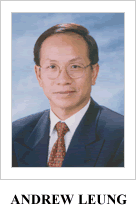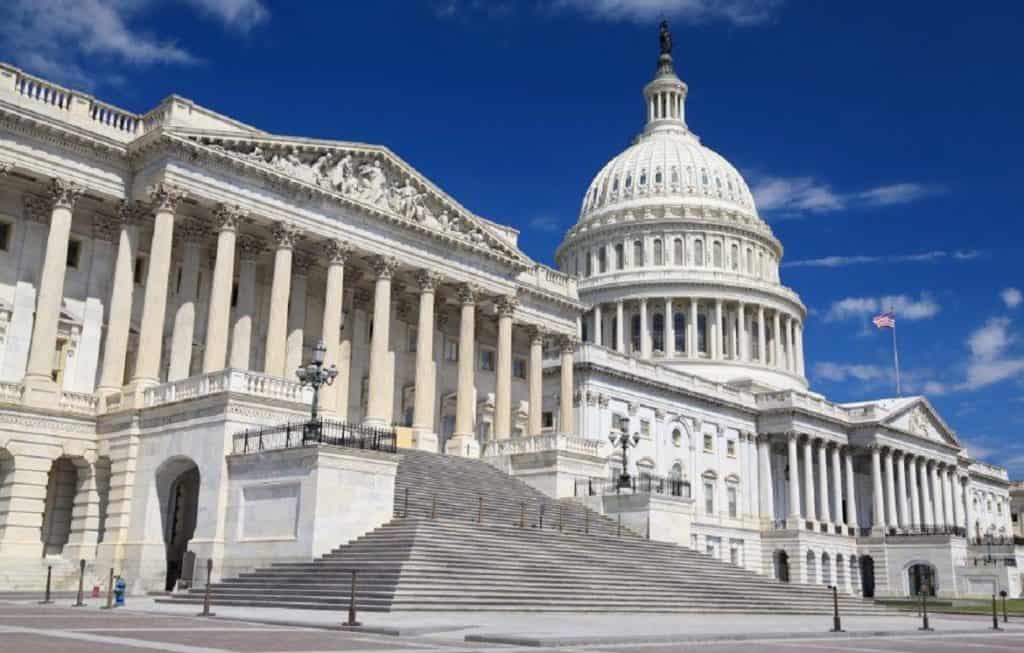By Andrew K.P. Leung (International and Independent China Strategist. Chairman and CEO, Andrew Leung International Consultants and Investments Limited)
 Michael Beckley is Visiting Scholar at the American Enterprise Institute, and the author of Unrivaled: Why America Will Remain the World’s Sole Superpower. Above is the topic of his article dated November/December 2020 in Foreign Affairs.
Michael Beckley is Visiting Scholar at the American Enterprise Institute, and the author of Unrivaled: Why America Will Remain the World’s Sole Superpower. Above is the topic of his article dated November/December 2020 in Foreign Affairs.
Beckley argues that global aging demographics and technological upheaval would ensure that America will remain the world’s only Superpower. A “fortress” United States capable of producing everything under the sun thanks to its technological prowess can continue to impose its will on the rest of the world over many decades in the 21st century. This may lead to the United States continuing to act as a “rogue superpower” –
“an economic and military colossus lacking moral commitments, neither isolationist nor internationalist, but aggressive, heavily armed, and entirely out for itself.”
“.. the United States would deploy every tool in its coercive arsenal—tariffs, financial sanctions, visa restrictions, cyber-espionage, and drone strikes—to wring the best deal possible out of both allies and adversaries.”
“American commerce could steadily shift to the Western Hemisphere and especially to North America, which already accounts for a third of U.S. trade and a third of global GDP. At a time when other regions face setbacks from aging populations and rising automation, North America is the only region with all the ingredients necessary for sustained economic growth: a huge and growing market of wealthy consumers, abundant raw materials, a mix of high-skill and low-cost labor, advanced technology, and peaceful international relations.
Beckley suggests that a better path could be for the United States to use its unparalleled primacy “to compel trading partners to adopt American standards on labor, the environment, and intellectual property protection.”. What is more, along with like-minded allies, the United States could form “a liberal bloc that excludes countries that do not respect open commerce and freedom of expression and navigation.”
China as the primary target is the subtext writ large. However, China is changing rapidly.
According to Washington D.C.-based Brookings Institution, while the U.S. has maintained its position as the technologically dominant power for decades, China has already eclipsed, or is on the verge of eclipsing, the United States in some technologies.
The Carnegie Endowment for International Peace, also D.C.-based, opines that China can be a leading innovator both globally and domestically, having achieved innovation gains in manufacturing, digital platforms, widespread application of digital apps, and basic science R&D in fields such as computing and biotechnology.
Thanks to vastly different responses to Covid-19, China’s economy is expected to overtake the United States five years earlier, by 2028, according to UK’s Centre for Economics and Business Research.
Despite trade war and the pandemic, foreign investments continue to pour into China, according to Bloomberg News of 18 December, 2020. According to the Wall Street Journal of 24 January, 2021, China has overtaken the United States as the world’s leading destination for direct foreign investment, the culmination of a trend starting from 2016.
Developing countries have all emerged from Western colonization to become some of of the world’s most dynamic economies. Talks of an “Asian century” abound, as in the case of Paraq Khanna’s The Future is Asian. The European Union is also beginning to find its more independent path.
Gone are the days of gunboat diplomacy and strong-armed coercion. The Reginal Comprehensive Economic Partnership (RCEP), representing a third of the world’s population and GDP, where China is the central trading hub, has happened without the United States. The same goes for the hurried conclusion of the EU-China Trade and Cooperation Agreement (TCA) regardless of US remonstrations. So, while Beckley’s suggested better path is preferred, his basic tenet of America’s enduring dominance or primacy is questionable.
Despite some decoupling as a result of the US-China trade war and the pandemic, the global supply and value chains remain largely inter-dependent. No country, United States and China included, can or is in a position to produce everything entirely independently of other nations’ input in one form or another, be it parts, components, raw materials, or logistics such as container ports. Taking into account dynamics like pandemics and Climate Change, Beckley’s idea of a “fortress America” seems fanciful. After all, as Beckley points out, North America currently represents only one third of global GDP.
Neither is the idea of an outdated notion of a “US bloc” realistic. Few countries, US allies included (read the EU), really want to be forced to take sides between US and China, pushback on China on certain issues like democracy notwithstanding.
What is more, according to the D.C.-based Urban Institute, the US population is aging as well. By 2040, about 20% Americans will be age 65 or older, up from about one in eight in 2000, thanks to improving longevity and stagnant birthrates.
Nor is America immune from the disruption of technological change which favors the 1% against the 99%, adding to what is already a divided, and some may say, “broken” country.
Even as China’s rise is challenging the extant global order shaped by the United States, it is unrealistic to think that China’s national development and trajectory can be arrested or derailed by an Cold War “Fortress America”.
Western cynicism notwithstanding, it may be instructive to reflect on President Xi’s call at the recent World Economic Forum (WEF) (conducted via Zoom) for more multilateral dialogue and collaboration to build global inclusiveness despite real differences and intensified competition.
Author: Andrew K.P. Leung (International and Independent China Strategist. Chairman and CEO, Andrew Leung International Consultants and Investments Limited)
(The views expressed in this article belong only to the author and do not necessarily reflect the views of World Geostrategic Insights).







